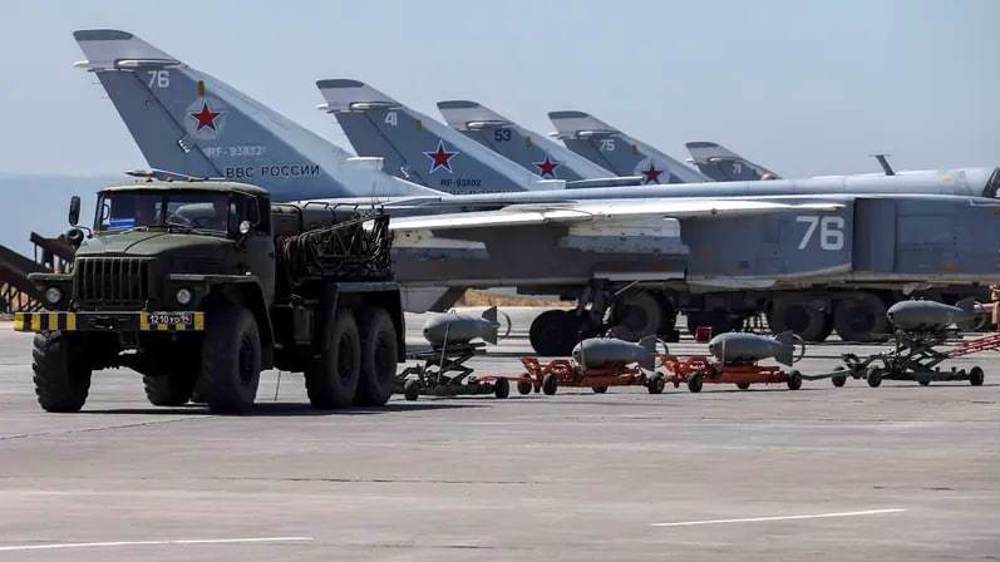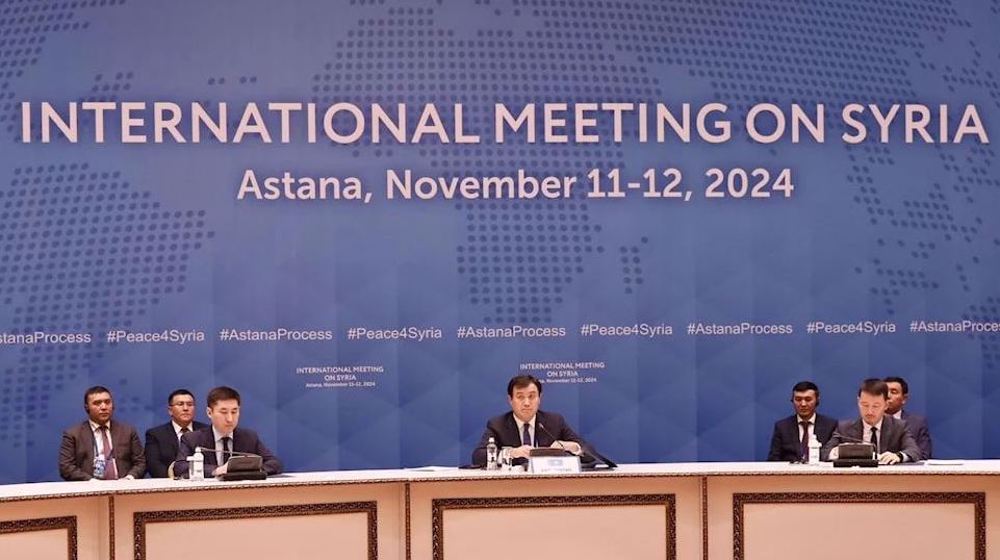Russia demands explanation from US for sanctioning Russians over N Korea
Russia has called on the United States to explain the reasons why Washington imposed sanctions on three Russian companies and one individual for their alleged links to North Korea.
"We would like to hear the US side’s explanation regarding the June 1 expansion of the US sanctions on North Korea, that affected three Russian companies and one citizen of our country," said Russian Deputy Ambassador to the United Nations Vladimir Safronkov at a session of the UN Security Council held on Friday.
The remarks were made amid a session in which the council's member states voted unanimously to impose a global travel ban and asset freeze on 14 officials, including the head of the North's overseas espionage operations, and four entities purportedly linked to Pyongyang's nuclear and missile programs.
Read more:
Russia is highly critical of Washington's own sanctions imposed on Russian companies of Ardis-Bearings Llc, Independent Petroleum Company and its subsidiary PrimorNefteProduct, and an individual, Ardis-Bearings Llc chief Igor Michurin, for their alleged support of Pyongyang's missile and nuclear programs.
"Instead of trying to work through the bilateral backlog in our work, Washington is doing exactly the opposite and undertaking unfriendly steps, which make it more difficult to normalize our dialogue and make it more difficult to cooperate in international affairs," Safronkov told the council.
The Russian firms and individual were included in Washington's expanded blacklist on Thursday and would be subject to a freeze of their assets in the United States and a travel ban against the individual. Moreover, American companies and individuals will be banned from having any dealings with them.
"This step is something that is very puzzling and deeply disappointing. We have repeatedly stated that the mechanism of unilateral restrictions is illegal from the point of view of the international law," Safronkov said.
The UN Security Council has already slapped the North with six rounds of sanctions, but the White House and its allies are pushing for even tougher measures in an attempt to halt the increasing wave of missile tests by Pyongyang.

The North's latest missile launch came less than a week after it test-fired a Hwasong-12 intermediate-range missile, which landed in the sea between North Korea and Japan on May 14. It has also been making efforts to upgrade its weapons systems, and has recently developed a long-range missile capable of striking the US mainland.
The North says it is developing arms as deterrence against the US threat, and that it would not abandon its missile and nuclear programs unless Washington ended its hostility toward Pyongyang.
American officials have indicated that military intervention in North Korea is an option on the table. On Saturday, US Defense Secretary Jim Mattis claimed that the threat from Pyongyang was "clear and present."
Israeli strike on Beirut kills Hezbollah’s media relations chief, reports say
How CPJ masks the truth about Palestinian journalists killed by Israel in Gaza
Assad: Eradicating terrorism regional, int’l responsibility
‘Fascist occupation army’: Hamas slams Israeli onslaught on Beit Lahiya
VIDEO | Press TV's News Headlines
Ukraine war will end ‘sooner’ with return of Trump: Zelensky
Pro-Palestine rally held in Seoul
Beit Lahiya massacre: Tens of Palestinians killed in Israeli strike










 This makes it easy to access the Press TV website
This makes it easy to access the Press TV website